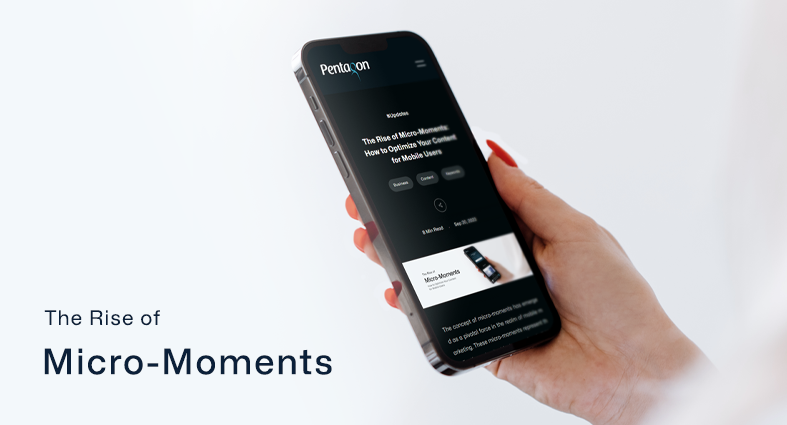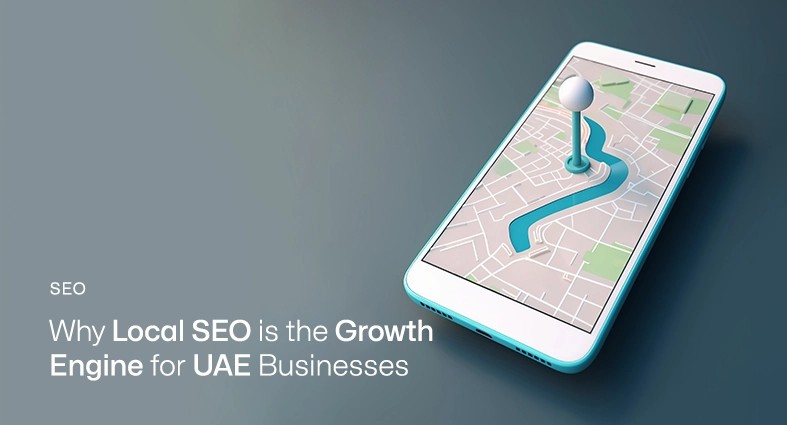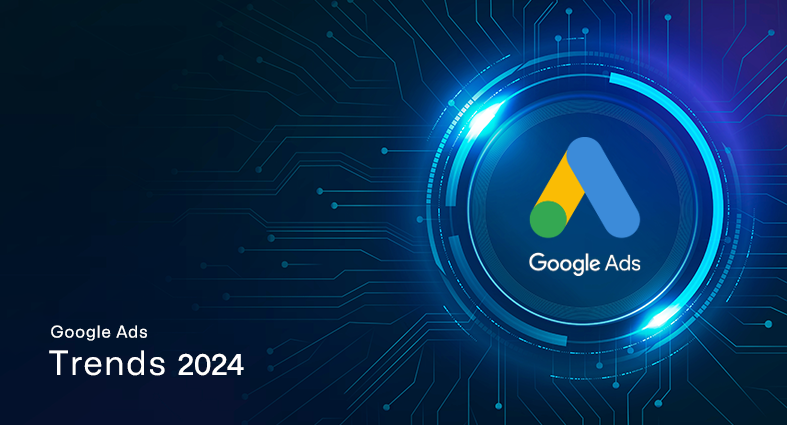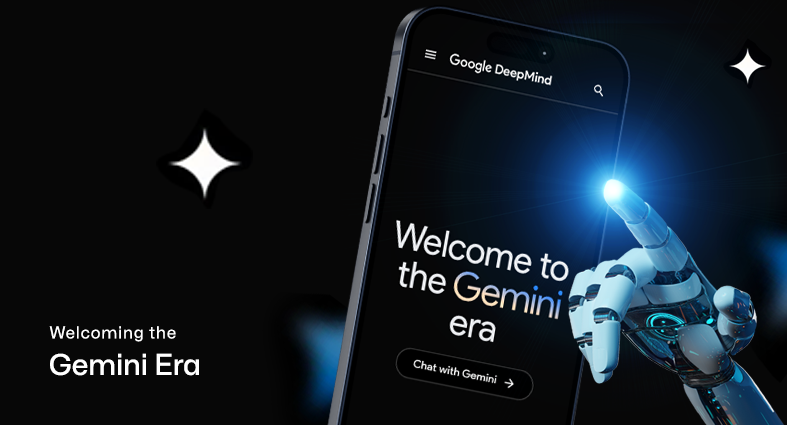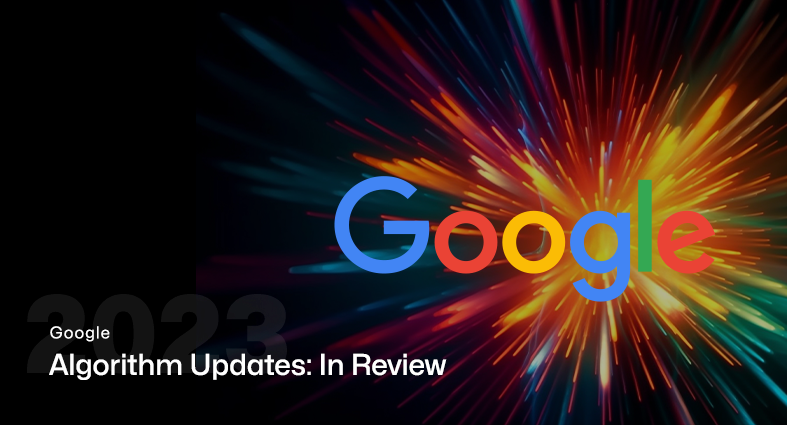In today’s rapidly evolving technological landscape, artificial intelligence (AI) has become an increasingly important field of study. AI has the potential to revolutionize industries ranging from healthcare to finance to transportation, and companies that invest in AI research and development are poised to reap significant benefits. Google is one such company that has recognized the importance of AI innovation and has invested heavily in developing its own AI capabilities. Two of Google’s most significant AI research units are Google Brain and DeepMind. Google Brain is focused on deep learning and neural networks, while DeepMind is focused on developing general-purpose AI systems that can learn and reason in complex environments.
In a significant announcement in 2021, Google announced that it would be combining the resources of Google Brain and DeepMind to accelerate progress in AI innovation. This merger is significant for many reasons. By combining the knowledge, expertise, and resources of these two units, Google will be able to take a more comprehensive approach to AI research and development, potentially leading to faster progress and greater innovation. The announcement of the merger is also significant because it reflects Google’s commitment to investing in AI research and development. As AI becomes an increasingly important field of study, companies that fail to invest in developing their capabilities risk falling behind their competitors. Google’s decision to combine the resources of Google Brain and DeepMind demonstrates that the company is serious about maintaining its leadership position in the AI industry.
In the rest of the article, we will explore each of these points in greater detail, providing an overview of Google Brain and DeepMind, discussing the reasons behind the merger, highlighting the potential benefits and implications of the partnership, and addressing the challenges and considerations that will need to be addressed for the merger to be successful.
Google Brain and DeepMind: An Overview
Google Brain and DeepMind are two of the most prominent research units in the field of artificial intelligence. Google Brain is a research unit within Google that focuses on deep learning and neural networks, while DeepMind is a London-based AI company that was acquired by Google in 2015. DeepMind has been particularly focused on developing AI systems capable of general intelligence, or the ability to perform any intellectual task that a human can. Both units have made significant contributions to the field of AI, with Google Brain responsible for creating some of the most advanced deep learning systems in the world and DeepMind developing AlphaGo, the first computer program to defeat a professional human player in the game of Go. These achievements have not only advanced the field of AI research but also had practical applications in industries such as healthcare, finance, and transportation.
What is Google Brain?
Google Brain is a research unit within Google that focuses on artificial intelligence and machine learning. It was founded in 2011 and has since become a leader in the field of AI research. Google Brain has been involved in a wide range of projects, from speech recognition to image analysis to natural language processing. The unit is known for its innovative use of deep learning algorithms and its ability to create AI systems that can learn from large amounts of data.
What is DeepMind?
DeepMind, on the other hand, is a UK-based AI research lab that was acquired by Google in 2015. The company was founded in 2010 and quickly gained a reputation for its breakthroughs in the field of AI, particularly in the area of reinforcement learning. DeepMind has worked on a variety of projects, including developing an AI system that can beat human champions in the game of Go. The unit is also known for its work on developing AI systems that can navigate complex environments, such as video games.
Strengths and Weaknesses
Both Google Brain and DeepMind have played significant roles in advancing AI research and development. Google Brain’s focus on deep learning and its ability to create AI systems that can learn from vast amounts of data has helped to drive progress in the field. DeepMind’s breakthroughs in reinforcement learning and its ability to develop AI systems that can navigate complex environments have also been important contributions to the field. While both units have their strengths, they also have their weaknesses. Google Brain has been criticized for its lack of transparency in some of its AI research, particularly in the area of facial recognition. DeepMind, on the other hand, has faced criticism over its use of personal data in its AI research, as well as concerns about the potential for its AI systems to be used in military applications. Despite these concerns, both units have made significant contributions to the field of AI, and their merger has the potential to drive even greater progress in the future.
The Announcement
Google’s decision to combine its two AI research units, Google Brain and DeepMind, marks a significant moment in the development of AI technology. In July 2021, Google announced that it would be combining the resources of Google Brain and DeepMind to form a single research unit focused on advancing AI innovation. The announcement came in the form of a blog post, where it was explained that the two units would be joining forces to create a single, unified AI research team. This announcement came as a surprise to many in the industry, as the two units had previously operated as separate entities with distinct research agendas. The new unit will be led by DeepMind co-founder Demis Hassabis and will be located in London. This move is part of Google’s broader strategy to consolidate its AI research efforts and increase collaboration across its various research units.
Reasons behind the Decision
The decision to combine the resources of Google Brain and DeepMind was driven by a desire to create a more cohesive and collaborative AI research team. By merging the two units, Google aims to share knowledge, expertise, and resources to accelerate progress in the field of AI. The announcement also cited the potential benefits of increased collaboration, improved research capabilities, and faster progress in AI innovation as key reasons for the merger.
Potential Benefits
The potential benefits of this merger are significant. Combining the resources of Google Brain and DeepMind has the potential to create significant benefits in the field of AI. By pooling their resources, the two units will be able to share knowledge and expertise to develop more advanced AI technologies. This could lead to breakthroughs in a range of applications, including healthcare, finance, and transportation. Additionally, increased collaboration between researchers at Google Brain and DeepMind could lead to the sharing of ideas and techniques that could further advance the field of AI research.
Potential Implications
The merger of Google Brain and DeepMind could have significant implications for the broader AI industry. The increased collaboration between the two units could inspire other companies to consider similar partnerships and collaborations, leading to faster progress and greater innovation in the field. Additionally, the merger could lead to changes in research priorities and increased competition within the industry. However, these potential implications will largely depend on the success of the merger and the ability of the two units to work together effectively.
Challenges and Considerations
The merger of Google Brain and DeepMind also presents some challenges and considerations that must be addressed. One of the main challenges is the potential cultural differences between the two units. Google Brain is known for its focus on practical applications of AI, while DeepMind has been focused on developing general intelligence. These differences in approach could lead to conflicts or challenges in integrating the two units.
Intellectual property considerations
Intellectual property considerations are also a significant challenge in the merger between Google Brain and DeepMind. Both units have developed significant intellectual property in the field of AI, which could potentially become a point of contention in the merger. The two units will need to work out a system for sharing and utilizing each other’s intellectual property, while also protecting their proprietary technology.
Potential cultural differences
Potential cultural differences between the two units could be a challenge in the merger between Google Brain and DeepMind. The two units have different organizational structures, cultures, and areas of focus. Google Brain is known for its work in deep learning, while DeepMind has a reputation for developing algorithms that can mimic human-like decision-making. These differences could potentially lead to conflicts in the merger. To address this challenge, the two units will need to work together to find common ground and establish shared values and goals.
The impact on existing research and development projects
The impact on existing research and development projects is another important consideration in the merger between Google Brain and DeepMind. Both units have ongoing projects, partnerships, and collaborations with external organizations. The merger could potentially disrupt these initiatives, and the two units will need to work together to ensure a smooth transition. This may require the allocation of additional resources to ensure that existing projects are not disrupted.
To address these challenges and considerations, Google Brain and DeepMind will need to establish clear communication channels, develop shared goals and values, and establish processes for managing intellectual property and ongoing research projects. It will also be important for the two units to establish a shared culture that is focused on collaboration and innovation. By proactively addressing these challenges, the merger between Google Brain and DeepMind has the potential to be a success and drive significant progress in the field of AI.
Conclusion
The merger between Google Brain and DeepMind marks a significant milestone in the advancement of AI research and development. Both units have made significant contributions to the field, and the combination of their resources has the potential to accelerate progress and drive innovation in a wide range of industries. While there are certainly challenges to be addressed, such as managing cultural differences and addressing intellectual property considerations, the potential benefits of increased collaboration and knowledge-sharing are significant. The partnership between Google Brain and DeepMind could inspire other companies to consider similar collaborations and partnerships, leading to even faster progress and greater innovation in the field of AI. The success of this partnership will depend on the ability of the two units to work together effectively and manage potential challenges, but the potential rewards are certainly worth the effort. It will be exciting to see what new developments and breakthroughs emerge as a result of this collaboration.
services
Feel free to send us a message.
Please, share your thoughts, and let's chat over a cup of tea.






